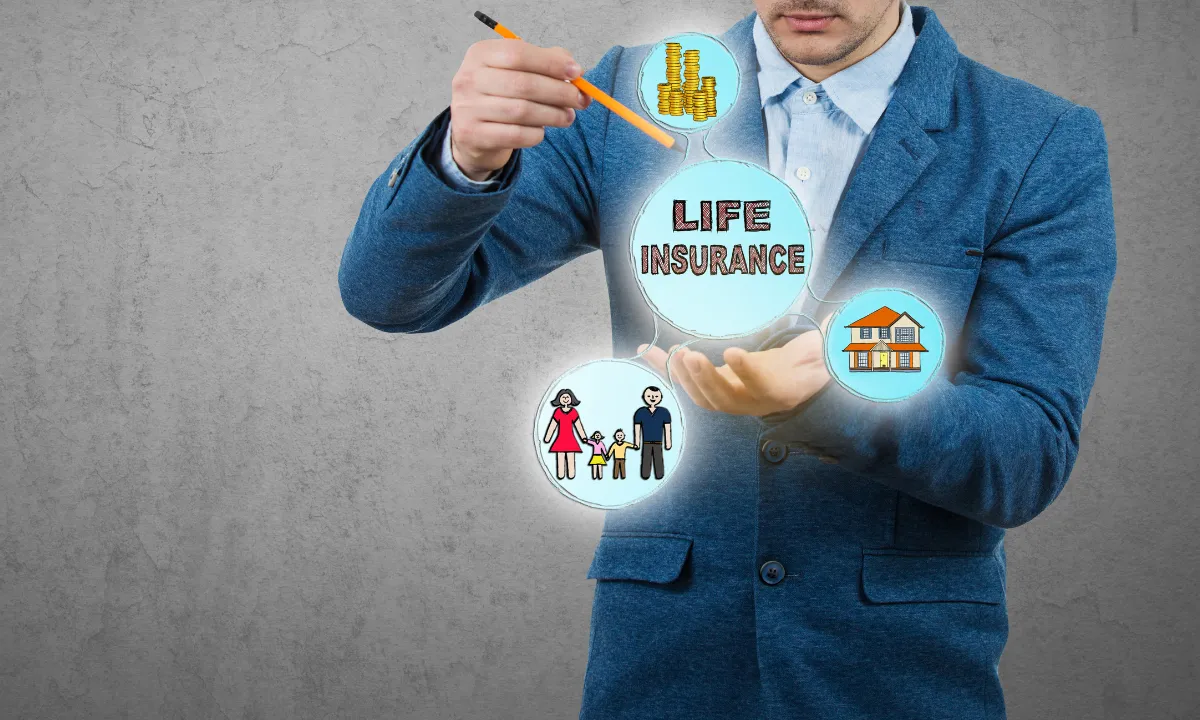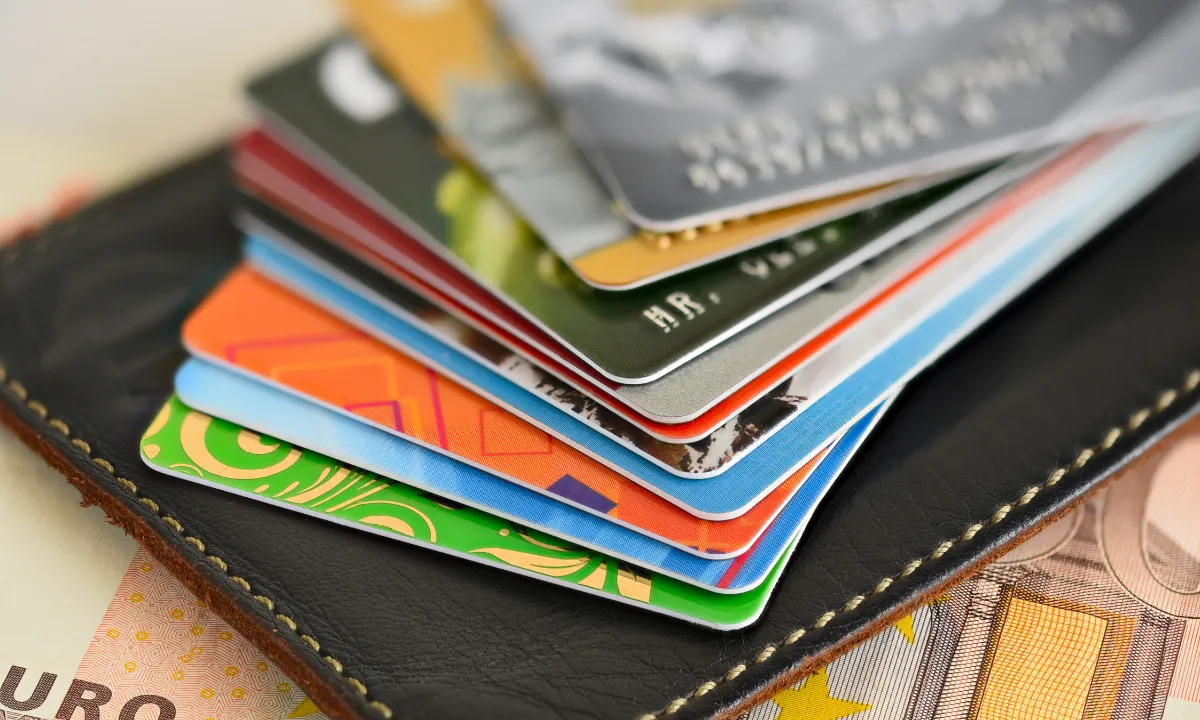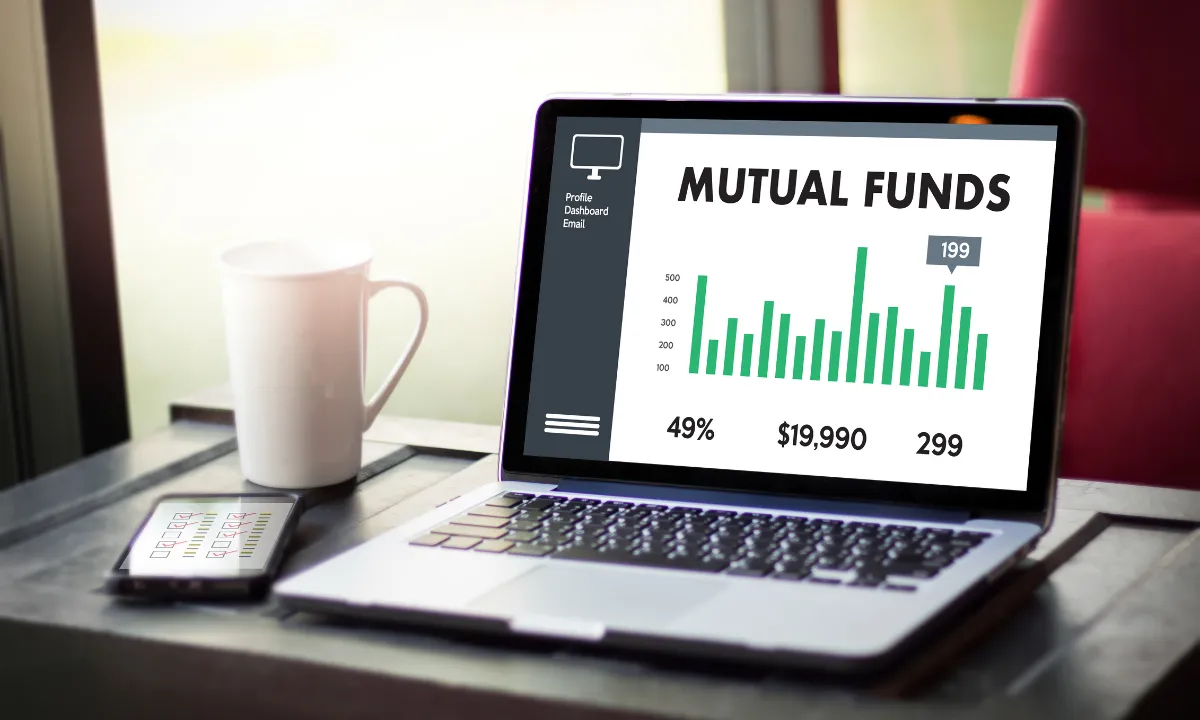Picture yourself juggling five balls: your car loan, two credit cards, home EMI, and a personal loan. One slip, and everything could come crashing down. That’s just how overwhelming debt can sometimes feel. As long as you authorize your payments and everything runs smoothly, there shouldn’t be any issues. However, problems arise if you miss a payment, resulting in heavy interest charges, late fees, and other additional costs. At this point, when everything becomes too overwhelming to manage, consider consolidating all your debts into one.
Debt consolidation involves combining multiple loans or credit card balances into a single, more manageable payment. Its goal is to make repayment easier and possibly lower the total interest rates. This approach is becoming increasingly popular in India, especially among salaried professionals and credit card users struggling with high-interest EMIs.
How Does Debt Consolidation Work?
- Evaluate your existing debt: List all your credit cards, personal loans, EMIs, and any other dues. Make a note of the outstanding amount, interest rate, and monthly EMI for each.
- Explore consolidation options: Popular options in India include personal loans for debt consolidation, balance transfer credit cards, and top-ups on existing home loans, among others.
- Choose the right consolidation tool: Look for a product that offers a lower interest rate, manageable tenure, and low processing fees. Consider both the short-term and long-term implications.
- Apply and get approved: Submit your application with the required documents. If approved, the lender will disburse the loan or provide a balance transfer facility.
- Use the funds to pay off all debts: Clear all your pending dues using the consolidation loan amount. Once that’s done, you’re left with only one monthly repayment.
Pros of Debt Consolidation
- Simplified Payments: You no longer have to remember multiple due dates—just one consolidated EMI.
- Lower Monthly Outgo: Stretching your repayment tenure or negotiating a lower interest rate can significantly reduce your monthly EMI burden.
- Boosted Credit Score: Timely payments on your new loan and clearing old debts can help improve your credit profile over time.
Is Consolidating Debt a Good Idea?

Let’s say you’re repaying three different credit card dues with interest rates over 35%. That can feel suffocating. By consolidating them under a personal loan at, say, 14–18%, you not only get a lower rate but also simplify your finances. However, it’s not a one-size-fits-all solution. If your income is unstable, consolidating debt without a repayment plan could land you in deeper trouble.
If you don’t think debt consolidation is for you, but are still looking at ways to pay off multiple credit cards, read our guide here.
Cons of Debt Consolidation
- May Lead to Higher Total Interest: If you stretch your loan tenure too much to reduce EMI, you may end up paying more interest over time, even if the monthly payment is lower.
- Upfront Fees and Charges: Some consolidation loans come with processing fees, foreclosure charges, or balance transfer charges that eat into your savings.
- False Sense of Security: Consolidation doesn’t fix overspending habits. Without financial discipline, it’s easy to fall back into debt even after consolidating.
Bottom Line
Debt traps can be scary and should be avoided whenever possible. If you’re in a situation that might lead to a debt trap, consider consolidating your debts and creating an organized repayment plan to eliminate stress. When you have a steady income, good repayment habits, and access to a loan with better terms, consolidating can save money, lower stress, and make payments easier to manage. However, if you use consolidation only to delay the problem without changing your spending habits, you risk ending up right where you started.







